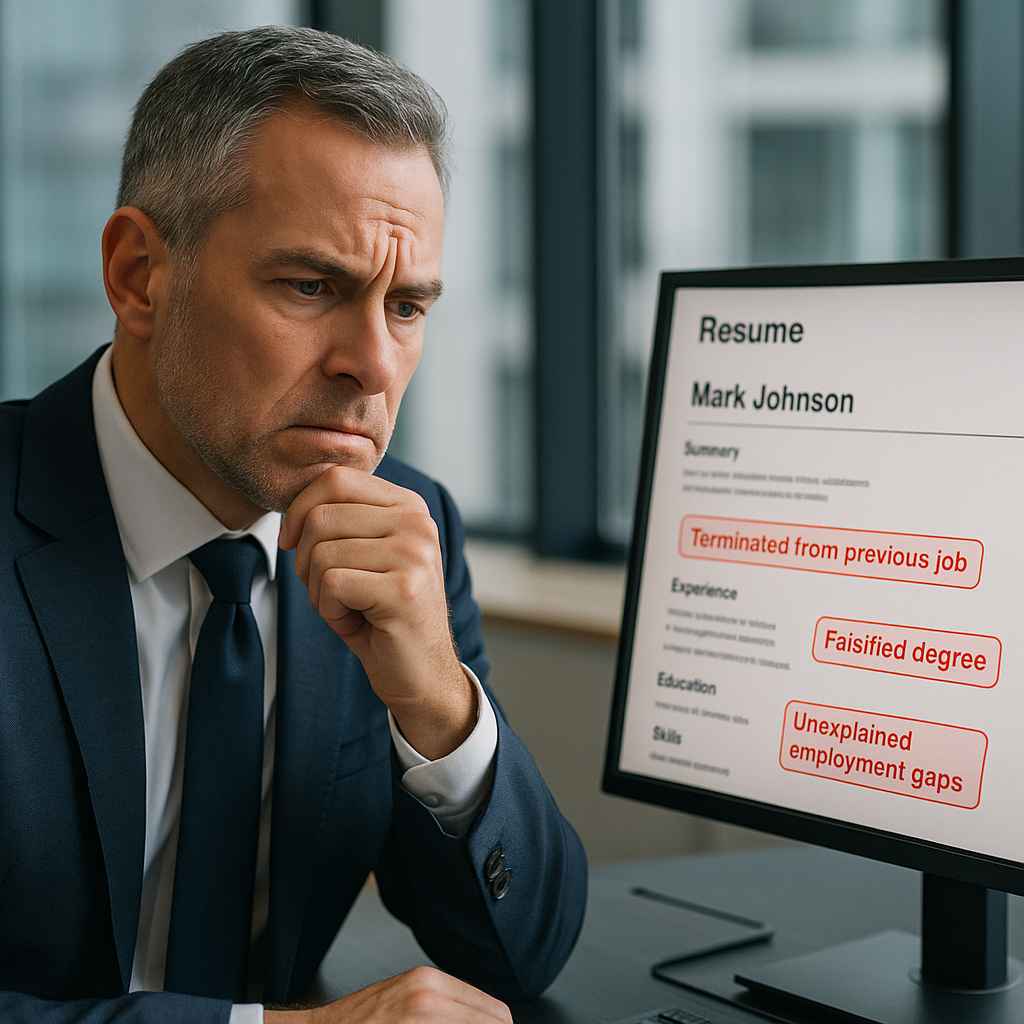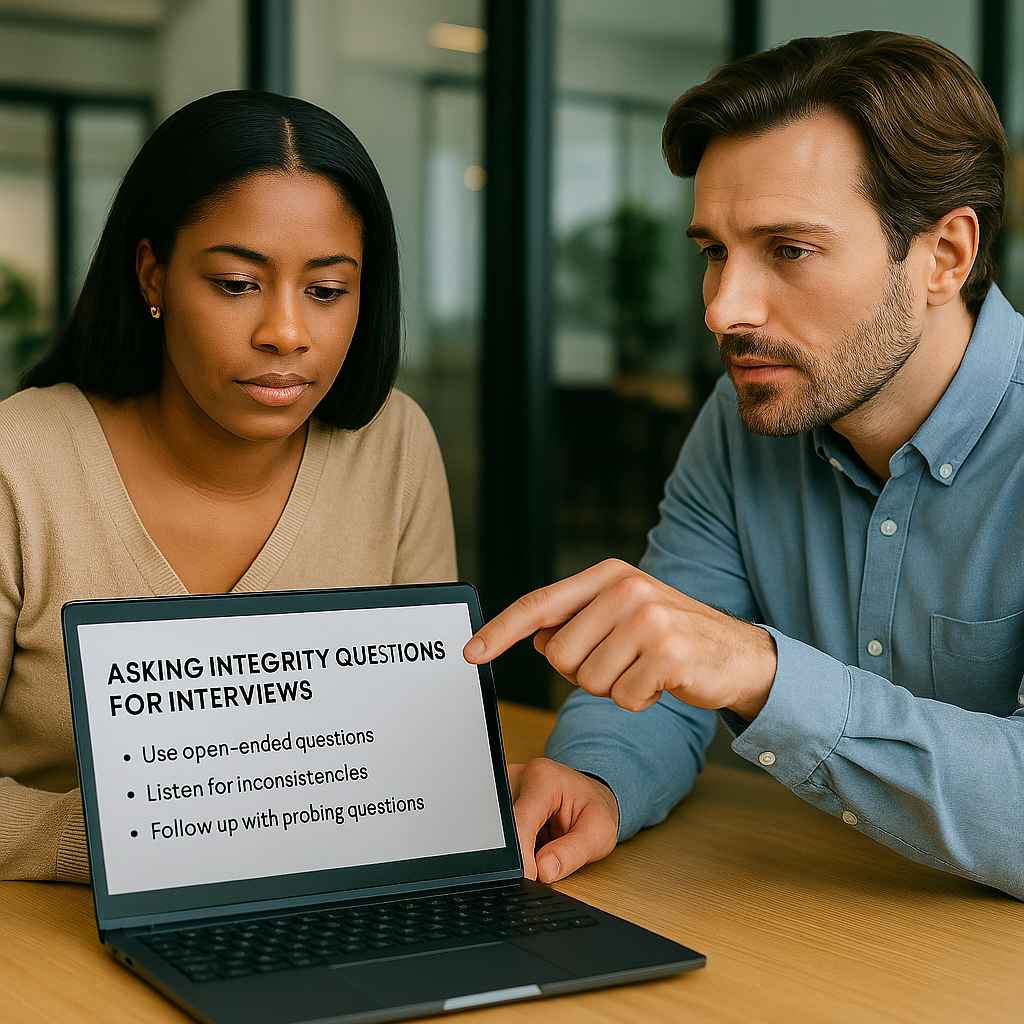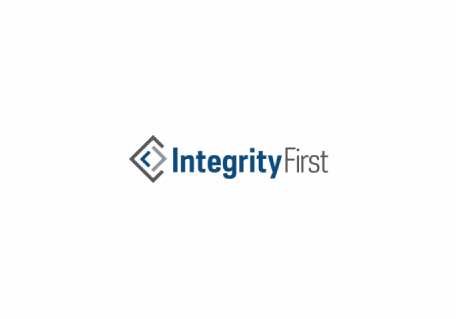Ever sat in the C-suite and wondered how someone who aced the interview could still bend the rules six months later? You’re not alone. Integrity is the trait every CEO values, yet it’s notoriously hard to spot in a 45-minute interview or a quick online assessment. That’s why having a clear set of Questions to Test Integrity is mission-critical for every leadership team.
Below, you’ll find a practical playbook—rooted in real executive experience—for uncovering honesty, reliability, and ethical judgment before you make that next critical hire.
Why Integrity Keeps CEOs Awake at Night
- Brand risk: One rogue employee can undo years of reputation-building.
- Financial impact: Fraud, theft, or compliance fines hit the bottom line faster than a bad quarter.
- Cultural fallout: When teammates see dishonest behavior unpunished, disengagement spreads like wildfire.
A CEO’s job isn’t just growth—it’s safeguarding trust. That makes integrity screening a non-negotiable.
The CEO Framework for Spotting Integrity

- Define the stakes: Which roles handle sensitive data, cash, or brand-critical decisions?
- Layer your approach: Use both live interviews and validated assessments to cross-check honesty.
- Standardize Questions to Test Integrity: Consistent scripts prevent bias and create data you can benchmark over time.
- Probe, listen, verify: Follow up on vague answers, and confirm stories via references or background checks.
- Revisit red flags: One odd response isn’t fatal, but patterns matter. Look for consistency across every stage.
Need a deeper dive on structuring integrity interviews? See our hands-on guide, How to Test Integrity in an Interview.
Core Questions to Test Integrity & What They Reveal
| Question Type | Goal | CEO Tip |
| Behavioral (“Tell me about a time…”) | Uncover past actions—the best predictor of future conduct. | Press for specifics: dates, outcomes, lessons learned. |
| Situational (“What would you do if…?”) | Test real-time judgment under pressure. | Change details mid-scenario to check consistency. |
| Value-alignment | Gauge fit with company ethics and mission. | Ask why each value matters to them personally. |
| Personality-based assessment items | Infer honesty traits (conscientiousness, risk tolerance). | Use validated tools to reduce faking. |
For sample questionnaires that complement interviews, explore our Integrity Assessment Questionnaire article.
You can also review this sample integrity question set to see how structured prompts help expose underlying decision-making patterns.
Sample Questions (with CEO Lens)

| Category | Interview Question | What a Strong Answer Sounds Like | What to Probe If Weak |
| Behavioral | “Describe a time you caught a teammate breaking a policy. What did you do?” | They reported or addressed it constructively and can detail the outcome. | Vague answers or blaming others. |
| Behavioral | “Tell me about your biggest professional mistake and how you handled it.” | Full ownership, clear corrective steps, and a lesson learned. | Minimizing fault or shifting blame. |
| Situational | “A client asks you to omit key data to speed approval. How do you respond?” | Refuses, explains ethical stance, escalates per policy. | Focus on pleasing the client over transparency. |
| Value Alignment | “Which of our core values is hardest to live by daily, and why?” | Honest reflection plus tactics for staying aligned. | Generic praise with no real challenge discussed. |
| Assessment Follow-Up | “Your assessment shows high risk tolerance. How do you ensure risks stay ethical?” | Describes checks, peer reviews, and clear boundaries. | Proudly boasts about rule-bending innovations. |
Red-Flag Answers to Watch For
- Overly perfect stories: Real life is messy; flawless tales often hide omissions.
- Inconsistent details: Dates or outcomes that shift under gentle re-questioning.
- Moral relativism: “It depends” when asked about clear ethical lines.
- Deflection: Blaming circumstances or colleagues for personal missteps.
- Excessive risk-bragging: Highlighting shortcuts as badges of honor.
Zero tolerance isn’t realistic, but repeated warning signs warrant deeper checks, especially in finance, compliance, or leadership roles.
Blending Interviews with Assessments

| Step | Tool | Purpose |
| 1 | Personality-based integrity test | Early screen for honesty traits and potential risk. |
| 2 | First-round interview | Confirm résumé and build rapport. |
| 3 | Focused integrity interview (questions above) | Stress-test ethical decision-making. |
| 4 | Reference & background checks | Verify stories, spot discrepancies. |
| 5 | Final culture-fit panel | Ensure shared values across leadership team. |
This layered approach gives CEOs confidence that hiring decisions rest on evidence, not gut feeling.
FAQ
Q1. Can candidates fake integrity tests?
Modern assessments use indirect items and consistency checks. While no test is foolproof, faking is difficult and often flagged.
Q2. How many integrity questions should I ask in an interview?
Five to seven targeted questions are usually enough—depth beats quantity. Focus on follow-ups to dig beneath surface answers.
Q3. What if a star performer shows minor red flags?
Consider role risk. In low-risk roles, coachable gaps may be fine. In high-trust positions, even small warning signs deserve caution.
Q4. Are situational questions or behavioral questions better?
Use both. Behavioral reveals what happened; situational reveals future judgment. Together, they paint a fuller picture.
Q5. How do I train managers to probe integrity consistently?
Create a question bank, run mock interviews, and pair new managers with seasoned leaders for the first few hiring rounds.
Final Thoughts
From the corner office, the equation is simple: high-integrity hires = lower risk + stronger culture + better results. By asking the right questions—and pairing them with solid assessments—you’ll sleep better knowing every new employee strengthens, rather than threatens, your organization’s reputation.
Ready to tighten your integrity screen? Start drafting a question set today, test it with upcoming interviews, and refine based on what you learn. Your future self (and your board) will thank you.






